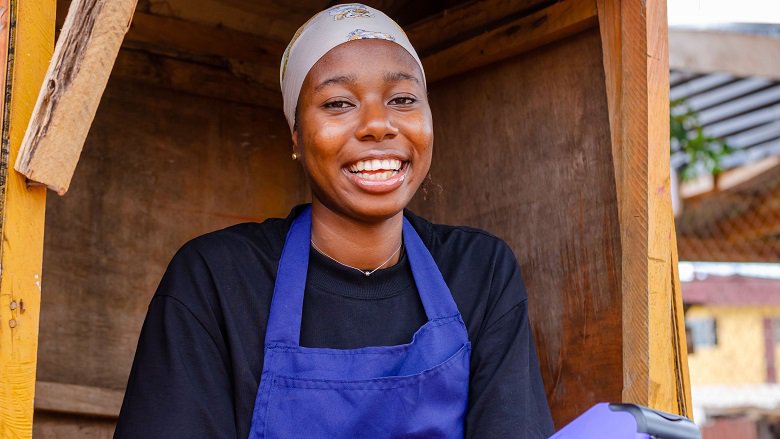Could you describe any of GSMA��s initiatives and how you contribute to DFI and integration?
The has over a decade of experience working with mobile money providers and the broader digital finance ecosystem to accelerate financial inclusion through the availability of digital payment services. Through its work, the GSMA has supported and tracked the development of an industry that grew from 72 million registered accounts in 2011 to over 1.6 billion in 2022.
Our work includes publishing key industry research and insights, including our annual - the only source of supply-side data for the industry. All data from the last 11 years can be accessed through our providing a great source for analysingtrends across the industry.
We also work very closely with the public and private sectors to address regulatory barriers and advocate for enabling policies to foster innovation and scale ofdigital financial services. We launched the in 2018, an interactive tool that measures the effectiveness of mobile money regulatory frameworks. In 2021 we reported that . This tool not only highlights progress but offers policy makers and regulators with?specific insights into policy areas?where targeted interventions may be employed to help enable growth in mobile money adoption and usage, supporting financial inclusion.
Could you provide any examples of DFI or integration in action?
The GSMA recently supported Vodacom Tanzania to develop the M-Kulima app, which is integrated with its mobile money platform, M-PESA, to digitalise crop payments. By digitalising crop procurement records, farmers can transition from cash to digital payments and develop a digital footprint that can start them on the path to financial inclusion.
Through partnerships, M-Kulima provides adjacent digital financial products and services for farmers, such as overdraft (via FINCA International) and weather index insurance (via ACRE Africa). Through this service, the Ministry of Agriculture has used a digital farmer profiling system to distribute fertiliser subsidies. For many farmers in Tanzania, M-Kulima has played an important role in their first steps towards financial inclusion, digitising more than 600,000 farmer profi.
This is just one example from an incredibly innovative and agile industry that is offering more, and more diverse, services each year.
What are the key challenges?
Lack of formal identification remains a key barrier to scaling digital financial services across the region. Low-income individuals and displaced persons often lack the formal ID required for traditional customer due diligence requirements, making it difficult for them to sign up for mobile money accounts. In sub-Saharan Africa, 30% of unbanked adults lack the necessary documentation to open a mobile money account. A risk-based approach could help address this issue by allowing tiered accounts and remote account opening.
Affordability is another key challenge, with 13 countries in Africa imposing pricing regulations or taxes specifically on mobile money services, increasing the cost of provision. In many cases, this has been in direct conflict with national financial inclusion strategies and has reversed gains in financial inclusion and digitalisation of cash.
and , which can erode consumer trust in digital financial services, also remain industry-wide issues. Regulators and stakeholders are working jointly to overcome these challenges through financial literacy initiatives and through the strengthening of systems.
What would be your request for the private and public sectors and the World Bank Group?
We want to continue to see strong private and public sector coordination and collaboration to develop and implement inclusive digital finance initiatives. Scaling DFS (Digital Financial Services) requires coordinated efforts and shared responsibility to ensure a digital financial ecosystem that enhances the safety and reliability of services while reaching the most vulnerable and empowering them to build better and more resilient lives .
Governments have a responsibility to establish facilitative regulations, policies, and standards for DFS while ensuring consumer protection and data privacy. We would like to see the private sector actively promoting financial literacy programmes to educate individuals about the benefits and safe use of DFS, building trust and increasing adoption rates.
From the World Bank and other international organisations, we value the technical assistance and expertise offered, supporting governments and financial institutions in developing and implementing digital financial inclusion strategies and addressing affordability issues and ask that it includes the private sector��s perspective and expertise for collaboration on the same goals.


